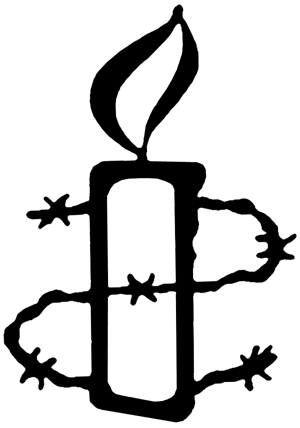One Conservative MP, Philip Hollobone, is hoping that Britain will follow Belgium and introduce a repressive ban on the niqab and the burqa. He will present his Private Members Face Coverings (Regulation) Bill in the House of Commons today. The Parliament website describes it as:
A Bill to regulate the wearing of certain face coverings; and for connected purposes.
The bill appears to stop short of calling for a full ban, although it would restrict the wearing of the full-face veil in public places such as banks, post offices and school entrances.
But Hollobone clearly views it as a first step and has previously made his support for a full ban clear. During a Commons debate on International Women’s Day he said:
The phrase that has been given to me time and again is, “When in Rome, do as the Romans do.” This is Britain; we are not a Muslim country. Covering one’s face in public is strange, and to many people it is intimidating and offensive. I seriously think that a ban on wearing the niqab or the burka in public should be considered.
Like other supporters of an illiberal ban, Hollobone has yet to provide a convincing answer to the point that those who complain that Islamist men tell women how to dress are doing precisely this by calling for a ban. On matters of sexual equality, Muslim women would be better served by the enforcement of existing laws against domestic violence than by the enactment of new laws restricting their dress.
See also “Tory MP launches first legal bid to ban burkha in Britain”, Daily Mail, 30 June 2010

 The regional parliament in Catalonia is due to vote on a ban on the use of the face-covering veil and the burqa in public, fueling debates over the freedom of rights in the country.
The regional parliament in Catalonia is due to vote on a ban on the use of the face-covering veil and the burqa in public, fueling debates over the freedom of rights in the country. A Kettering MP who has led calls to ban Muslim women from wearing the burka in Britain is to ask Parliament to restrict its use.
A Kettering MP who has led calls to ban Muslim women from wearing the burka in Britain is to ask Parliament to restrict its use. Europe backed the burkha yesterday by
Europe backed the burkha yesterday by